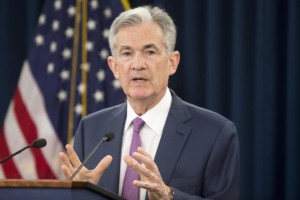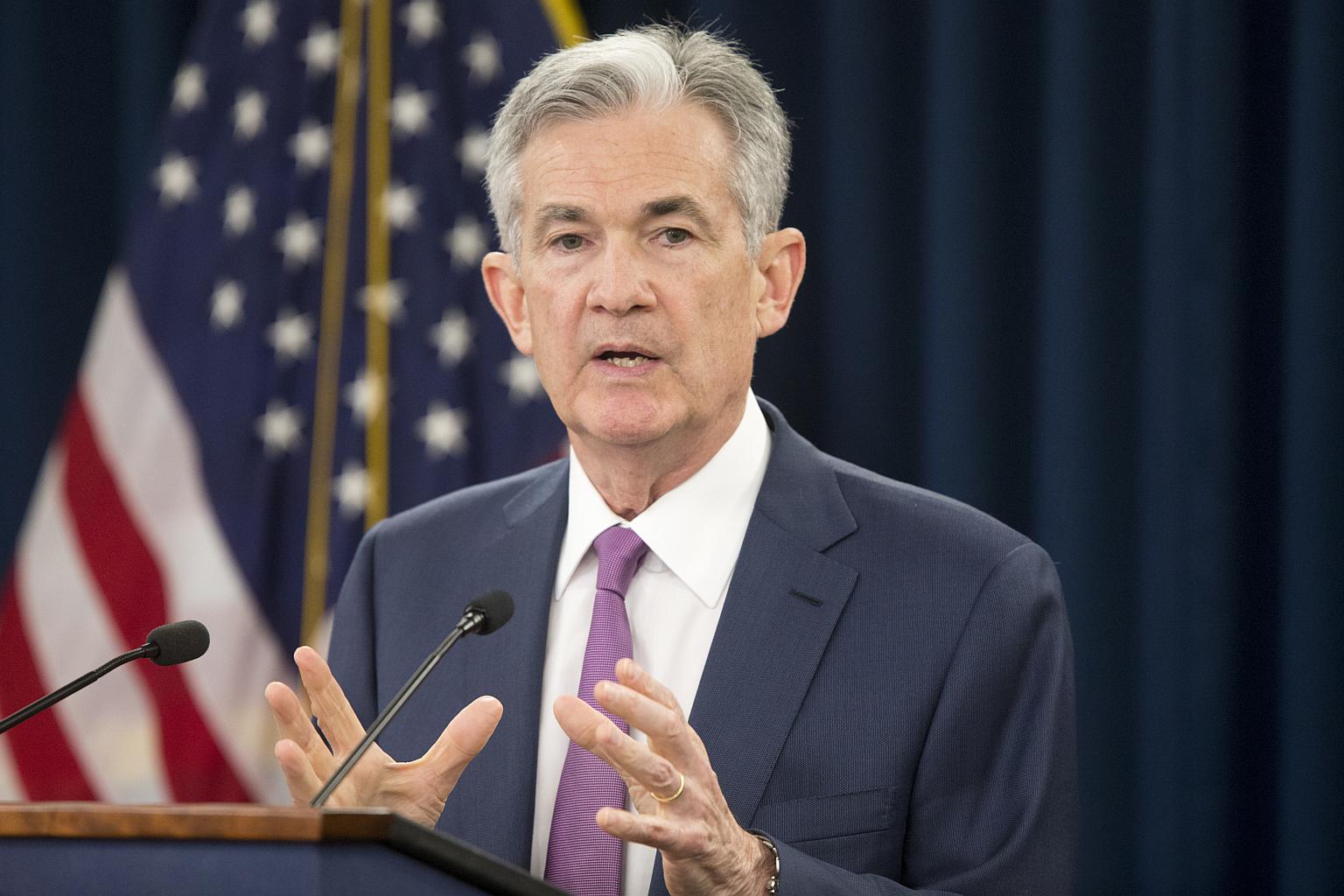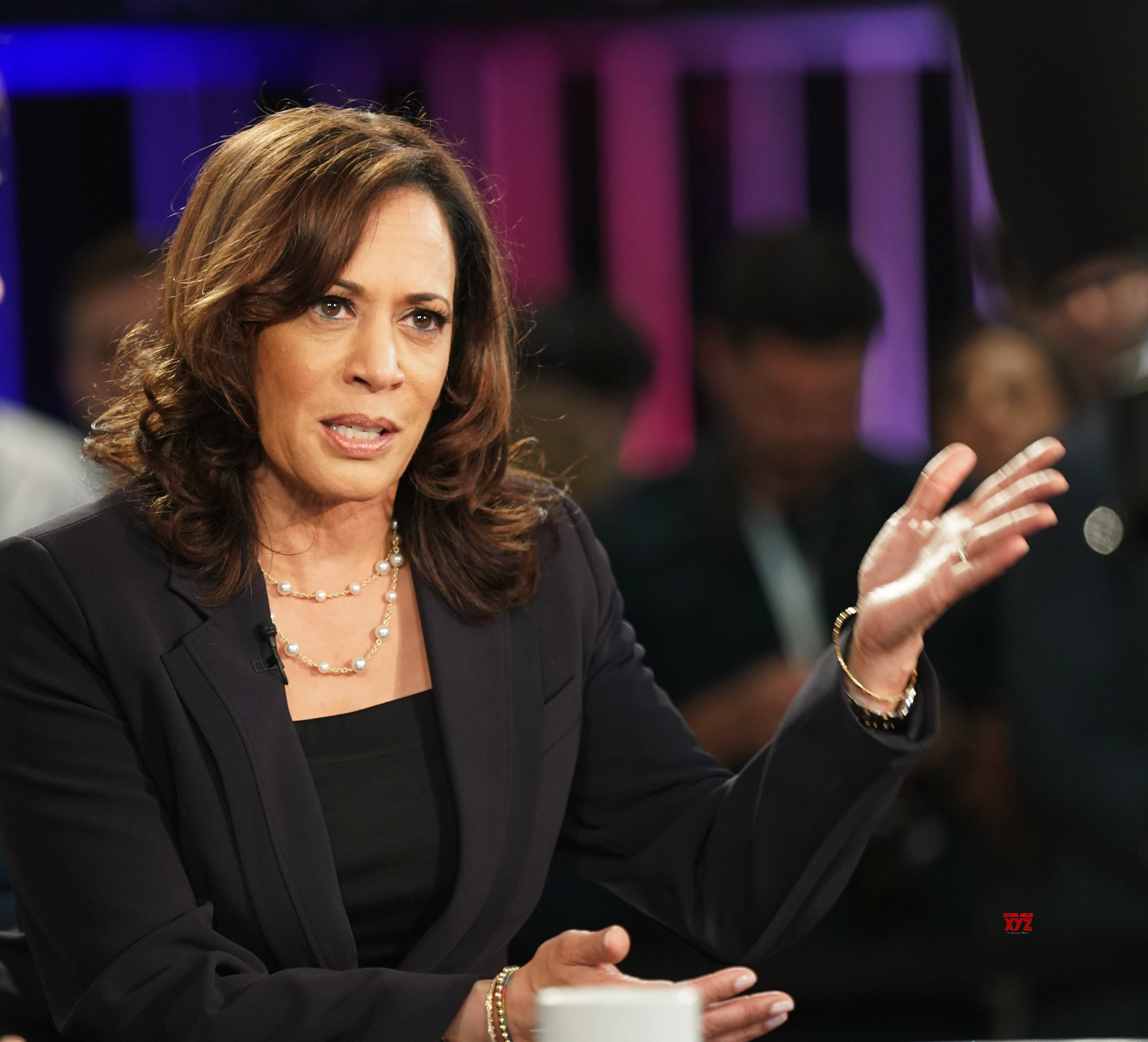
WASHINGTON: The US Federal Reserve raised the benchmark lending rate here, the second increase of the year, and signaled two more hikes were coming in 2018 and four in 2019, a possible sign of concern about accelerating inflation.
The unanimous vote brings the federal funds rate to a range of 1.75-2.0 per cent but the quarterly economic forecasts show central bankers now expect the rate to end the year at 2.4 percent rather than the 2.1 per cent projected in March.
That implies four total rate increases this year. The Fed last raised the benchmark in March, the sixth increase since December 2015 as it tries to keep the economy growing at a sustainable pace without fueling inflation.
The median forecast of members of the Fed’s rate-setting Federal Open Market Committee puts the benchmark at 3.1 per cent at the end of 2019, up from the previous 2.9 per cent, which signals four hikes next year rather than three.
The reflection of increased fears about rising prices is likely to surprise markets, as most economists had not expected the Fed to give a clear sign that an additional rate increase was likely until later in the year.
That shift came as a single FOMC member shifted his or her forecast for this year and next, breaking a virtual tie in the projections released in March.
Fed Chairman Jerome Powell is due to give a press conference at 2:30 pm (1830 GMT) to explain the thinking behind the rate increase and outlook.
However, the FOMC statement stressed that rising interest rates were unlikely to derail economic growth — which it now characterizes as “strong” rather than “moderate” — and again made clear the Fed had some tolerance for inflation above its two percent target.
In another slight change of language — something sure to catch the attention of Fed watchers — it said “further gradual increases” in the key rate “will be consistent with sustained expansion of economic activity, strong labor market conditions, and inflation near the Committee’s symmetric two per cent objective over the medium term.”
The use of the term “symmetric” and “medium term” is a clear indication the Fed is not in a hurry to get inflation to two percent and will be comfortable if prices rise above that level for a short time.
In its quarterly Summary of Economic Projections, officials projected the Fed’s preferred inflation measure will accelerate only slightly, ending this year at 2.1 per cent rather than 1.9 per cent, and holding at that level through 2020.
That index currently is at two per cent, but other measures of consumer and producer prices have accelerated, pushed by rising fuel prices, as well as metals prices that could be the result of the steep import tariffs President Donald Trump imposed.
The Fed watches price measures closely to determine how fast to raise interest rates but has signaled that the two percent target is not a ceiling and that it would be comfortable with inflation rising slightly above that level for a time.
The FOMC’s economic growth forecasts were little changed, with 2018 GDP seen rising 2.8 per cent rather than 2.7 per cent but unchanged at 2.4 per cent in 2019 and two per cent in 2020.
The already historically low unemployment is projected to fall even further, ending the year at 3.6 per cent before settling at 3.5 per cent in 2019 and 2020.
Only eight of the participants voted on policy at this meeting but all join the discussion and submit forecasts. PTI







